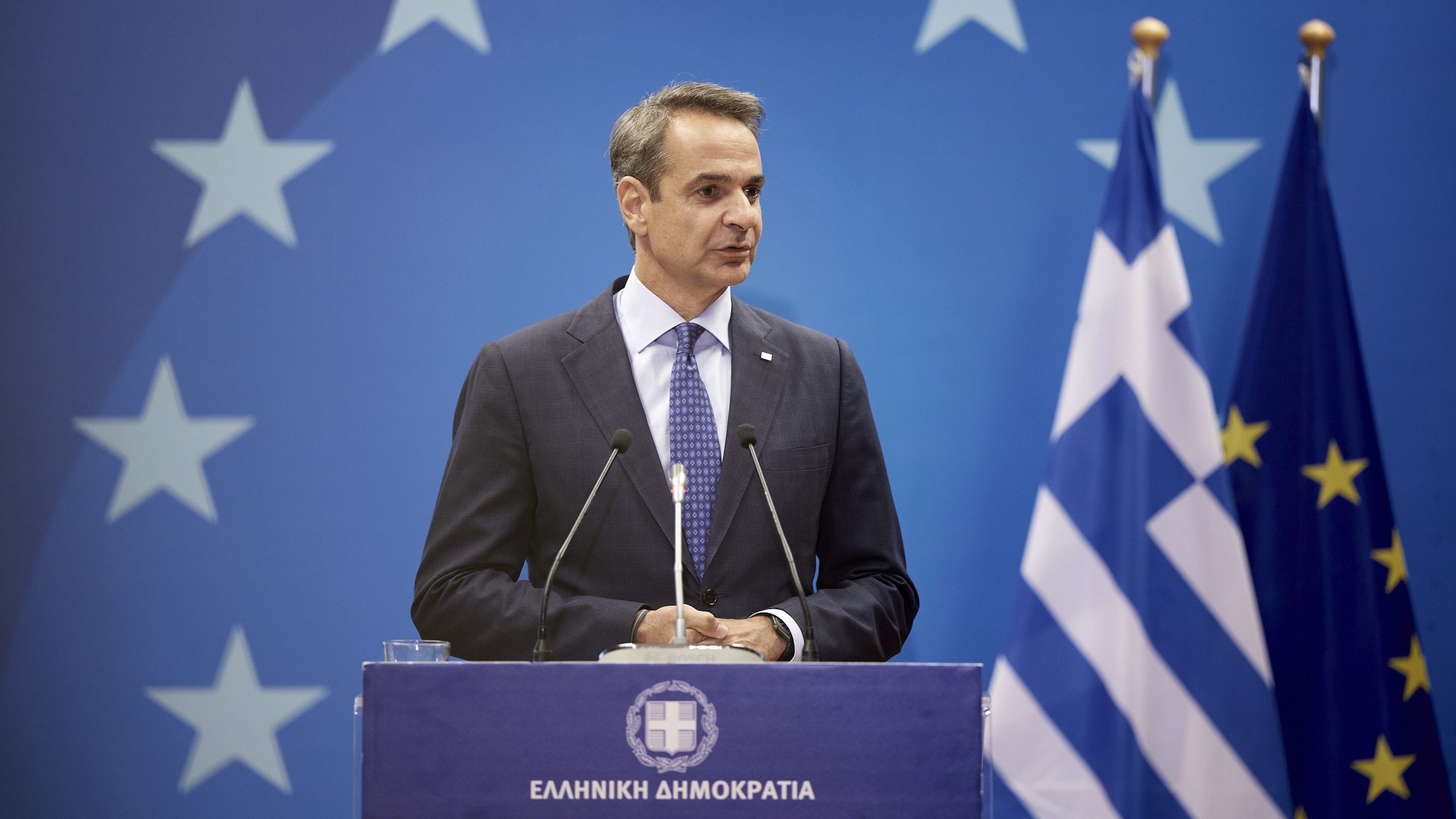Greece plans to repay €5 billion ($5.3 billion) in bailout-era debt ahead of schedule by 2025, signaling its ongoing economic recovery. Prime Minister Kyriakos Mitsotakis announced the move during a banking conference in Athens on Monday, calling it “a signal of the country’s fiscal recovery.”
“This … underscores our confidence in public finances and reflects our commitment to fiscal discipline,” Mitsotakis said.
The Finance Ministry outlined plans to reduce debt through primary surpluses, loan repayments, and tackling tax evasion.
While Greece has made significant progress since its financial crisis, which required extensive borrowing from the European Union and the International Monetary Fund, the country now faces mounting public discontent over the rising cost of living.
Mitsotakis’ center-right government, re-elected in 2023, is under pressure as high inflation eats into household budgets. Although opposition parties have struggled to mount a strong challenge, the cost-of-living crisis has hurt government approval ratings and fueled union protests.
The nation’s two largest unions, representing private and public sector workers, have called a general strike for Wednesday. The strike is expected to disrupt transport, including island ferries, and halt public services. A protest march is also planned in central Athens.
On Monday, the GSEE private sector union accused the government of ignoring workers’ concerns.
“The cost of living is sky-high and our salaries rock-bottom, (while) high housing costs have left young people in a tragic position,” GSEE chairman Yiannis Panagopoulos said.
Despite these challenges, Greece’s economy is forecast to grow by 2.1% in 2024, with steady growth anticipated in the following years. Unemployment, now below 10%, is expected to continue declining, while inflation is projected at 3% this year.
Source: AP News.
